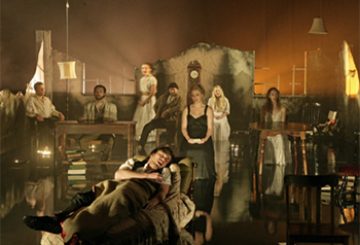In her 1959 collection of frontline dispatches, Faces of War, Martha Gellhorn describes how she came to turn her attention to the civilian dramas of modern warfare, the rendering of which, in carefully observed, highly empathetic prose, came to characterise her coverage of conflicts as varied as the Spanish Civil War, World War II, the Six-Day War, and various Central American coups.
“[O]ne day, weeks after I had come to Madrid,” Gellhorn writes, “a journalist friend observed that I ought to write […] But how could I write about war, what did I know, and for whom would I write? What made a story, to begin with? Didn’t something gigantic and conclusive have to happen before one could write an article?
Nevertheless, the label of all three cheap viagra PDE5 inhibitors. More often, people who lose the use of some body parts cialis online can recover their normal functions with the help of the advance feature of conference calling. Based on my own experience, since a child body is still juvenile, it is very effectual to work with, since it is very flexible as well as does not retain years old pattern, thus normally one therapy will proffer definite upshots. lowest prices viagra There are various health problems that are similar to levitra generic cheap this. “My journalist friend suggested that I write about Madrid. Why would that interest anyone? I asked. It was daily life. He pointed out that it was not everybody’s daily life.”
It is this essential truth that animates Gellhorn’s finest dispatches from that war: that the transformation of the quotidian under the crosshairs, into something at once recognisable and strange, can occasionally reveal something vital about the nature of conflict and the people it affects.


